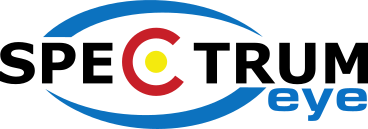Comprehensive Eye Exam in Colorado Springs
A comprehensive eye exam is more than a vision test—it’s a complete evaluation of your eye health and visual system. At Spectrum Eye Care, these exams are designed to assess how well you see, detect early signs of eye disease, and identify health conditions that may impact your vision long before symptoms appear. Regular comprehensive exams are one of the most effective ways to protect clear vision and support long-term eye and overall health.
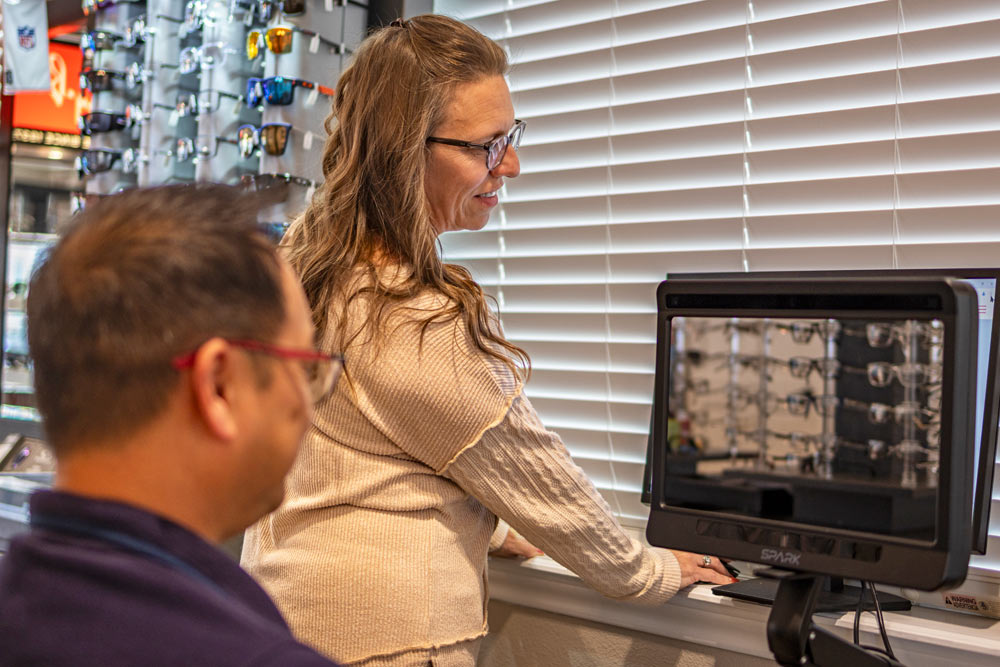

What a Comprehensive Eye Exam Includes
Each exam is tailored to your age, health history, and lifestyle, and may include:
When appropriate, advanced diagnostic technology such as Optical Coherence Tomography (OCT) may be used to provide detailed imaging of the retina and optic nerve.
Why Comprehensive Eye Exams Matter
Comprehensive eye exams play a critical role in early detection and prevention. Many serious eye conditions develop silently and may not cause noticeable vision changes in early stages.
During an exam, we can detect or monitor:
Because the eyes reflect overall health, exams may also reveal early signs of systemic conditions such as diabetes or hypertension.
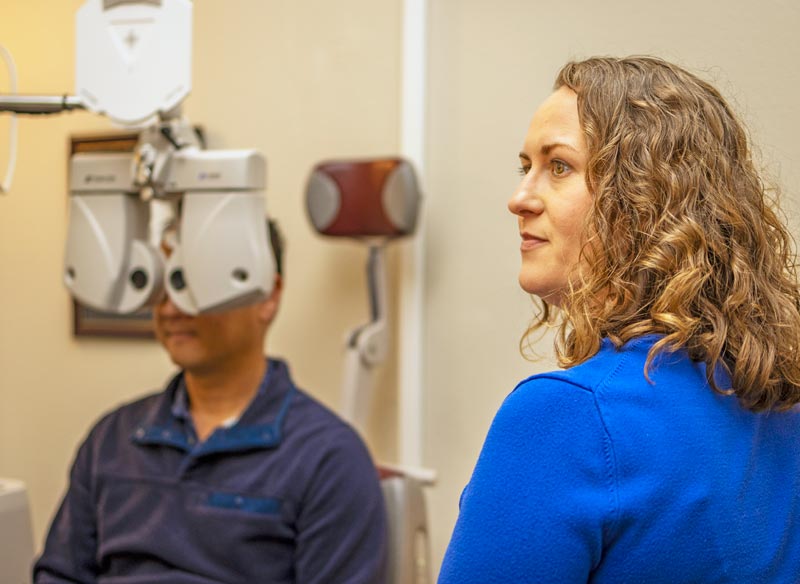

Personalized Care Based on Your Health & Lifestyle
Your medical history, medications, family history, and daily habits all influence eye health. We take time to understand factors such as screen use, outdoor exposure, work demands, and existing health conditions so we can provide personalized recommendations and preventive guidance—not just a prescription.
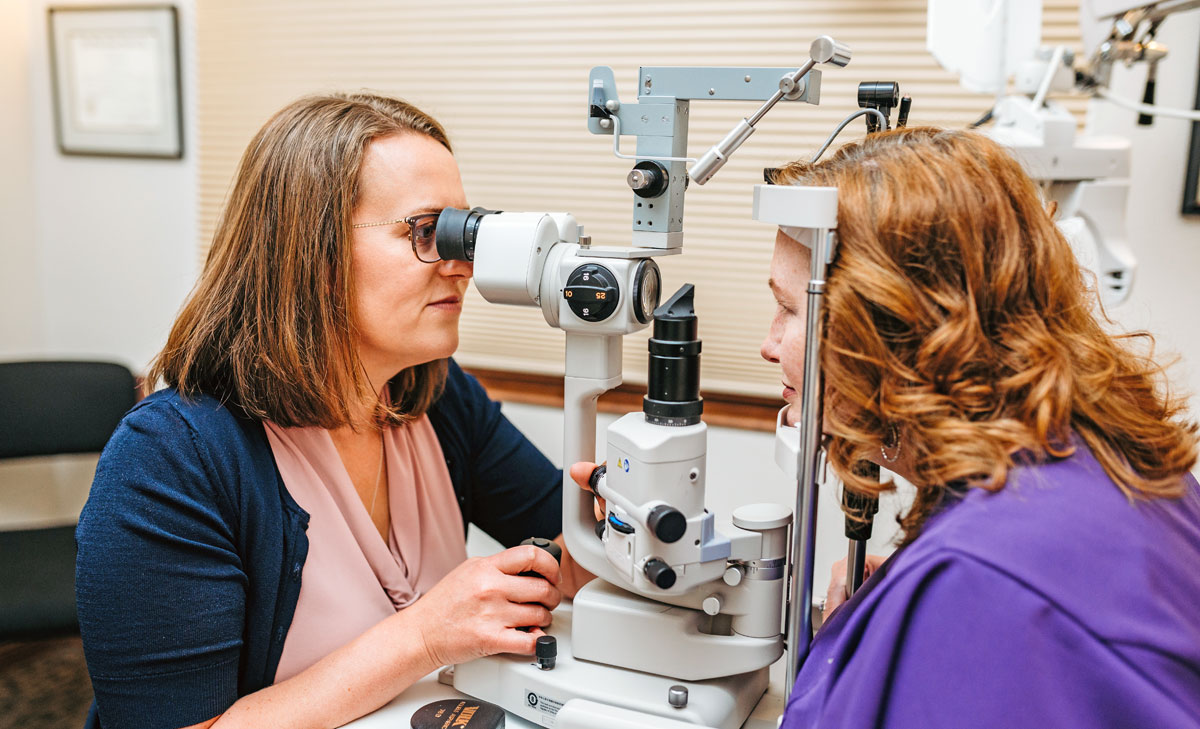

Eye Exams for Every Stage of Life
Consistent exams allow us to track changes over time and adjust care proactively.
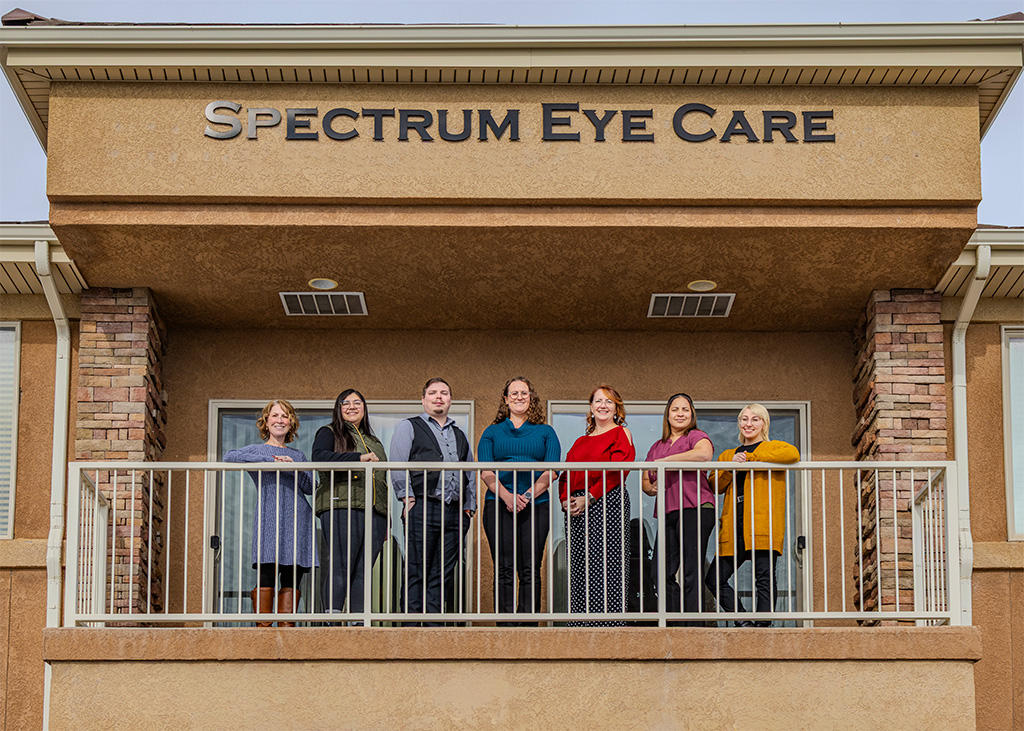

Comprehensive Eye Care in Northgate
Spectrum Eye Care in Northgate provides thorough, patient-centered comprehensive eye exams using modern technology and a thoughtful, family-focused approach. Our experienced team prioritizes clear communication, comfort, and care tailored to real life.
Scheduling regular comprehensive eye exams is one of the most important steps you can take to protect your vision—today and for years to come.
